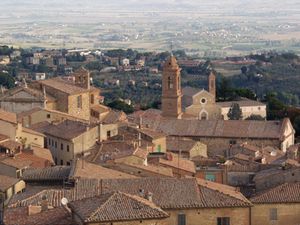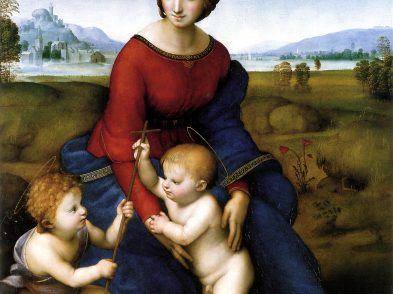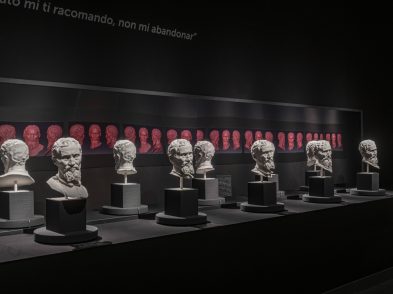Renaissance Florence was built around trade, and trade requires efficient and reliable banks. Banking relies on speculation on probable outcomes. So it should not be surprising that Florentines were renowned for their passion for gambling on a wide range of activities.
Betting on horse racing in Piazza Santa Maria Novella or on the outcome of a calcio match was to be expected. But Florentines did not restrict their gambling to dice, cards and sports. Some of the most interesting bets were those placed on the outcome of a duel or battle. Astrologers were often consulted in an attempt to beat the odds.
Political sweepstakes were organised on the dates of a pope’s or a king’s death. Speculation on who would be elected pope or selected as cardinal was commonplace. Odds lengthened and shortened on the evidence of events and reflected where the ‘smart’ money was placed. In 1568, one Guglielmo Sangalletti made a ‘killing’ by successfully betting on who would be promoted to the College of Cardinals on March 24 of that year.
No sooner had Sangalletti collected his winnings and left Florence for Rome the tongues began to wag and a cynical explanation for his ‘good fortune’ circulated. The gossip reached the ears of a correspondent to the Uffizi, who reported that the scandal involved a senior official inside the Vatican:
Sangalletti, the secret treasurer of His Holiness [Pope Pius V], has caused a great commotion that will not go away. As soon as the pope communicated to Sangaletti who would be promoted [Cardinal] and that cardinal’s outfits were being prepared for them, he sped immediately to Florence to place bets [on who would be promoted]. There is talk that he made a lot of money, but he strongly denies the allegations of having inside information.
If they are proven true he will lose the good graces of the pope.
The entire scandal remains a mystery, however, for Guglielmo Sangalletti did not lose the ‘good graces’ of Pope Pius V. He remained the ‘secret’ or personal treasurer to His Holiness for several years after his successful fleecing of Florence’s bookmakers. The fact that he remained a trusted servant of the pope can only be explained by one of the following scenarios:
1) He was vindicated and did not have insider knowledge gained from the pope or from another source in the Vatican.
2) He returned his winnings and the incident was overlooked.
3) When Sangalletti placed the bet his ‘secret’ role as personal advisor on financial matters to the pope was not known. (This could explain why the bet was placed in Florence rather than Rome). The bet could have also been placed for ‘someone else’.
Whatever the explanation, the incident is telling. While Renaissance Florence may not have been the Las Vegas of Europe, betting and gambling certainly had a place in society.





